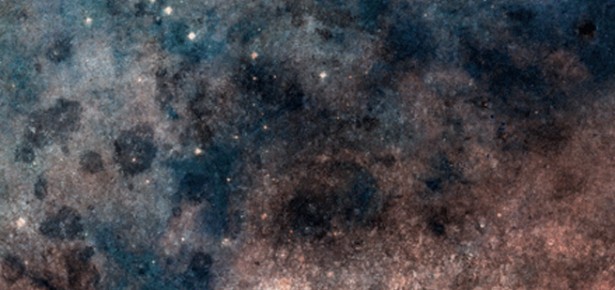
What inspired you to write Alien Life Imagined?
I’ve always been fascinated by the link between science and culture. In a previous life as a professor at university, I had set up some pretty unusual courses which looked at the link between science and science fiction.
One was a “Life in the Universe” course and the other was a full degree course in “Science and Science Fiction.” Much public understanding and interest in science and technology begins with science fiction.
Alien Life Imagined is the result of teaching and research on such courses over a dozen or so years!
What is the key point you hope readers take away from the book?
I think the key point I’d like people to take from the book is that, more often than not, those who have had inspiring and imaginative ideas about alien life have been certain kinds of thinkers and workers. They’ve been creatively open-minded and radical about their science and philosophy. They’ve seen science and society from below, rather than above. In the book I refer to them as materialists.
Materialism is the philosophy at the root of science itself, it’s all about matter in motion, and change. Those who have resisted change, those who have supported the contemporary established order, have tended not to be at the forefront of imaginative thought.
Can you suggest an example of an alien encounter in popular culture that changed the way scientists think about the search for extraterrestrial life?
I think it has to be HG Wells’ War of the Worlds. For the most part, depictions of alien life before Wells tended to be rather benign. Wells’ Martians were red in tooth and claw, Darwin’s survival of the fittest made flesh in the minds of all who read the book.
It was the first alien menace from space. An imperial power bent on destruction and conquest. But interestingly for scientists, Wells’ Martians were also the men of the future. They were what we may one day become, a force of evolution.
And Well’s depiction influenced whole generations of scientists in the years after this wonderful tale.
Tell us a bit about what’s on your bookshelf—which imaginations of alien life do you recommend?
I might have given the game away on this question! When you write a book like Alien Life Imagined, you tend put in all the best bits, all your favourite stories from each age.
Later in my book, after detailing centuries of stories, I talk about the way in which writers and directors became far more subtle about their aliens.
One of my favourites is Solaris, by Polish writer Stanislaw Lem. In Lem’s book the alien is a sea, and the sea is a whole planet. Men try to understand this creature as best they can. Truly alien.
Another is Roadside Picnic by the Russian Strugatsky brothers. We get hints of the aliens, their technology and culture, and yet we never meet them. Finally, a very sophisticated treatment of the topic is the Ender’s Game series of books by American author, Orson Scott Card.
Look out for the much anticipated movie version of the first book in the series, as it’s due out later this year!
Latest Comments
Have your say!